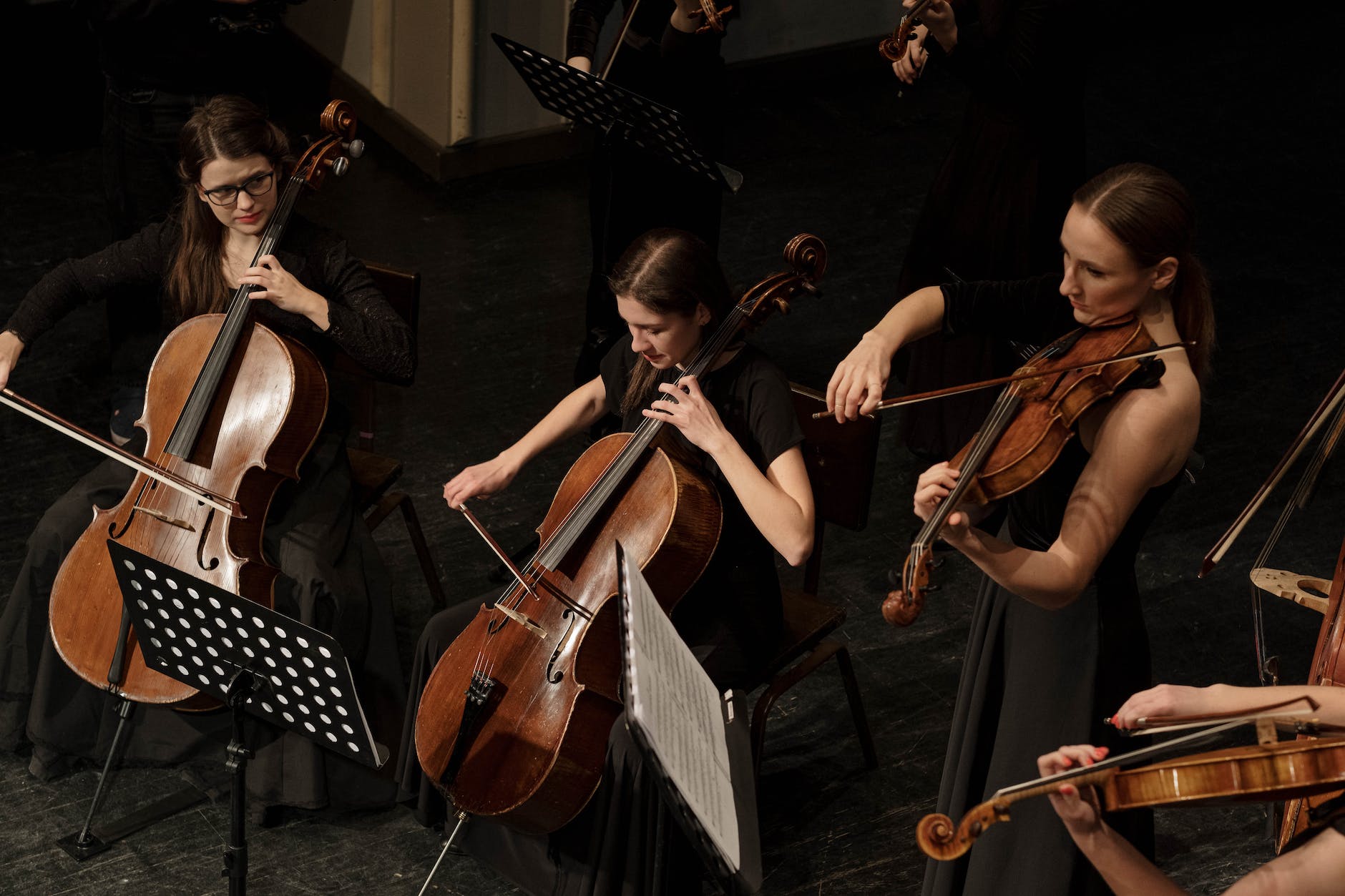
Is classical music dead? I’m going to have to ask you to define your terms. As I write this, I’m listening to one of Beethoven’s beautiful string quartets, from the comfort of my home. If the death of classical music entails that it is forgotten, then that apocalyptic moment has not yet come to pass.
In fact, it’s never been easier to listen to and enjoy classical music than in this moment. It’s difficult to conceive of a performance of a piece of classical music that can’t be found, in some form or another, on the internet. In the age of commodified recordings and free streaming, classical music has been put on the same (ostensibly) level playing field as popular music. Whether the consumer wants to spend their limited stock of attention on Bach and Schubert or Tyler, the Creator and Taylor Swift is more in their own hands than it has ever been.
So we’ll try a different definition of “death”—one that explains the alarm of the classical preservationist without necessarily justifying it—a death of non-dominance. From the apex of the cultural hierarchy, there is nowhere to go but down. To the chagrin of the classical music community, its beloved art form is now being forced to compete, to a greater extent on merit, with popular music of the 20th and 21st centuries. We should not be such feather-weights as to assume that this competition means the death of classical music.
Among the proposed implications for classical music: It will not be consumed by the general population, it will be expensive to produce and perform, and it requires the training of specialists who may or may not find success in an increasingly competitive market. I submit that these implications are less the harbingers of doom for the classical music world and more the status quo of the art form since it was conceived as a pseudo-historical experiment of looking back in the early Romantic period.
Fears of classical music becoming a museum culture are invalid not only because it has always been one, but because this historicity was one of the factors which lead to its great cultural and commercial success. Classical music is old, and its context has faded. Forcing it to parade around in the streets with younger and fresher music does nothing but wear it down and tire it out. If it is to be preserved, as I believe it should, it should be taken inside and given a quiet place to stay. We can invite people in to visit and remember, and the music is beautiful and valuable enough that the rent will get paid with a surplus to put away at the end of the month.
Classical music is not dead, nor is it dying. But its devotees may be forced to change. The music itself is historicized, preserved in amber for us to appreciate, but its celebrants are alive and champing at the bit. The question of “What to do about classical music?” is more clearly conceived as “What do we do with all of these classical composers?” Having arrived at postmodernism, are there even traces of tradition left to pick up and repurpose?
I predict that the ultimate solution is the classicization of the popular. Whether it makes us happy to admit it or not, current popular music traces its roots at least in part to classical tradition. In the same way that jazz began as music for bars and brothels but is now taught in conservatories (and is currently having its own crisis of extinction), today’s popular music will rise to the occasion, become classicized and sterilized and led gently off to the museum. For now, though, it should be celebrated as the music of the present day. This is where the classically-trained composers can make their stand—if they are unhappy with the current popular music for whatever reason, they are more than equipped to write popular music in competition with it.
Hiding behind the flimsy shield of pretentious ideological superiority is the only wrong move forward. We can yell angrily at the world until it passes us by, or join the throng and elbow our way forward.
This post is an unedited excerpt from one of my old assignments from a music history course I took in Senior year of college. I’m repurposing it here as one of the first true posts of my blog because it’s the piece of writing that convinced me that I could still have something to say.
Leave a comment